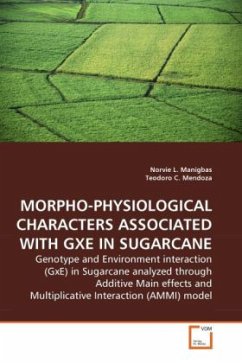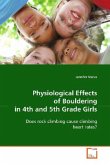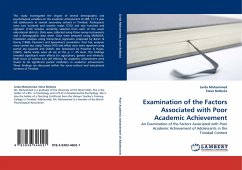The concept of breeding cultivars with wide adaptation is itself well adapted by researchers. In fact, there are two broad categories of breeding strategies in crops: broad adaptation and location-specific adaptation. Considering the complexity of the growing environments in a country and the need to maximize yield, the strategy should be directed toward developing varieties with location-specific adaptation. Reliance on a few varieties renders crops growing highly vulnerable to pest and disease outbreaks. Varietal interactions depend on the environments, but these interactions involve the individual genotype's physiological and genetic traits. In order to identify physiological traits related with environmental factors, there is a need for an effective statistical procedure. Additive main effects and multiplicative interaction (AMMI) analysis is ideal for this task. An AMMI statistical analysis is introduced as a tool to separate and quantify the GxE associated with yield and physiological components. This technique uses better statistical analysis for GxE partition and the bi-plot graphs useful in analyzing which genotype wins in an environment.
Bitte wählen Sie Ihr Anliegen aus.
Rechnungen
Retourenschein anfordern
Bestellstatus
Storno








